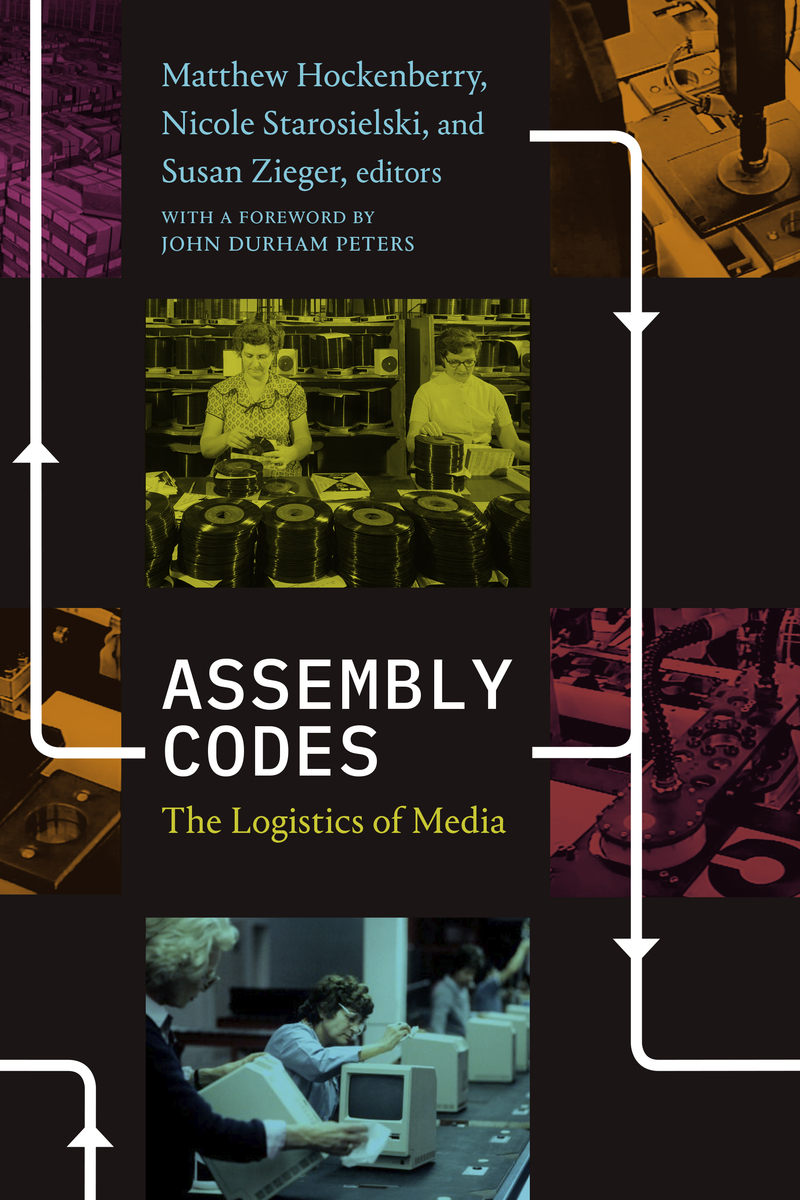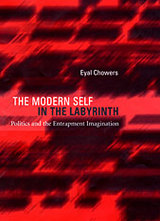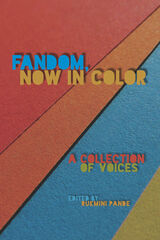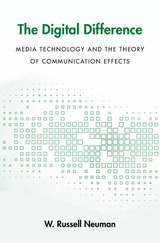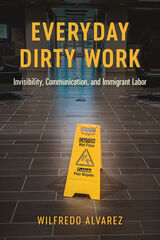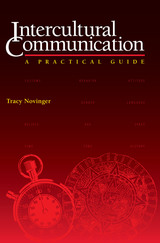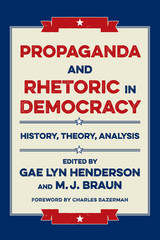Assembly Codes: The Logistics of Media
Duke University Press, 2021
eISBN: 978-1-4780-1303-7 | Cloth: 978-1-4780-0973-3 | Paper: 978-1-4780-1076-0
Library of Congress Classification HM1206.A78 2021
See other books on: Communication | Communication and technology | Media | Peters, John Durham | Starosielski, Nicole
See other titles from Duke University Press
eISBN: 978-1-4780-1303-7 | Cloth: 978-1-4780-0973-3 | Paper: 978-1-4780-1076-0
Library of Congress Classification HM1206.A78 2021
ABOUT THIS BOOK | AUTHOR BIOGRAPHY | REVIEWS | TOC | REQUEST ACCESSIBLE FILE
ABOUT THIS BOOK
The contributors to Assembly Codes examine how media and logistics set the conditions for the circulation of information and culture. They document how logistics—the techniques of organizing and coordinating the movement of materials, bodies, and information—has substantially impacted the production, distribution, and consumption of media. At the same time, physical media, such as paperwork, along with media technologies ranging from phone systems to software are central to the operations of logistics. The contributors interrogate topics ranging from the logistics of film production and the construction of internet infrastructure to the environmental impact of the creation, distribution, and sale of vinyl records. They also reveal how logistical technologies have generated new aesthetic and performative practices. In charting the specific points of contact, dependence, and friction between media and logistics, Assembly Codes demonstrates that media and logistics are co-constitutive and that one cannot be understood apart from the other.
Contributors
Ebony Coletu, Kay Dickinson, Stefano Harney, Matthew Hockenberry, Tung-Hui Hu, Shannon Mattern, Fred Moten, Michael Palm, Ned Rossiter, Nicole Starosielski, Liam Cole Young, Susan Zieger
Contributors
Ebony Coletu, Kay Dickinson, Stefano Harney, Matthew Hockenberry, Tung-Hui Hu, Shannon Mattern, Fred Moten, Michael Palm, Ned Rossiter, Nicole Starosielski, Liam Cole Young, Susan Zieger
See other books on: Communication | Communication and technology | Media | Peters, John Durham | Starosielski, Nicole
See other titles from Duke University Press
